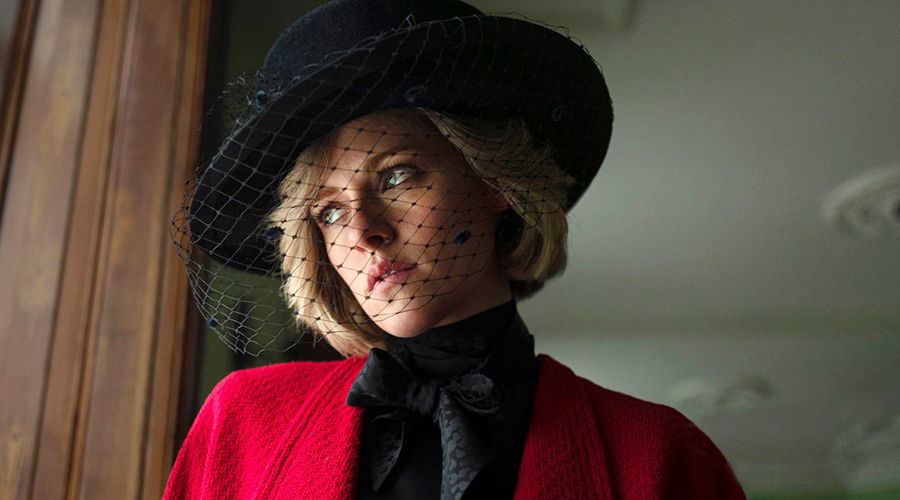What’s to watch on Netflix?
- 13 Apr - 19 Apr, 2024

Sandringham, Christmas 1991. Bare trees, frosted fields, dead pheasants on the drive. Inside the grand house the dining table has been laid in readiness, but one of the principal guests is running late and lost. Diana, Princess of Wales, grinds her car to a halt, tosses her perfect hair in frustration and asks where she is. And so begins this extraordinary film, which bills itself as “a fable from a true tragedy” and spotlights three days in the dissolution of Charles and Di’s marriage.
Kristen Stewart proves entirely compelling in the title role. She gives an awkward and mannered performance as Diana, and this is entirely as it should be when one considers that Diana gave an awkward and mannered performance herself, garnishing her inbred posh hauteur with studied coquettish asides. Stewart effectively captures the agony of a woman so programmed and insulated that she feels she has no escape and has lost sight of who she is. The servants want to help but they are part of the very machine that she hates. They know that if Diana breaks down, the mechanism does too. What matters above all else is to keep the woman up and running.
Should you ever be invited, please don’t go to Sandringham. Larraín makes the place look so spooky. It’s a place, says Diana, where everybody hears everything, even your innermost thoughts. And around every corner lurks the serene, spectral presence of all-seeing Major Gregory. The royals themselves are largely kept out of sight, like a bunch of sacred cows. Major Gregory, one realises, is the real ruler of this house.
The film depicts Charles as peevish and unsympathetic. The Queen ruefully explains to Diana that she’s currency, nothing more. But now she’s roiling and raging, seeing Anne Boleyn’s ghost in her bedroom and clinging to William and Harry as though they’re a pair of life preservers.
No doubt it took an outsider to make a film that’s as unreverential as Spencer, which dares to examine the royals as if they were specimens under glass. At heart, of course, Larraín and Knight’s tale is utterly preposterous. It’s a tragedy about a spoiled princess who lashes out at the servants; a thriller about a woman who has only 10 minutes to get into her dress before Christmas dinner is served. But how else do you play it? The monarchy itself is preposterous. Spencer presents the whole institution as little more than a silly ongoing game of dress-up, a farce that depends for its survival on everyone playing along and propping up the illusion, the old moth-eaten brocade.
COMMENTS